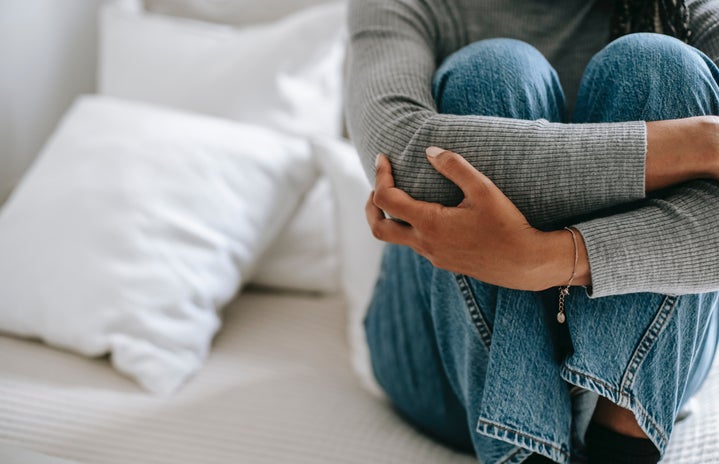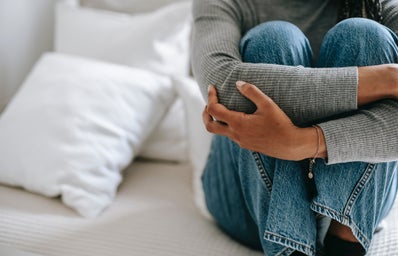People say that losing a best friend is worse than a breakup, and I think anyone who has gone through a kind of best friend breakup would agree. You go from talking every day, having millions of memories together and sharing every intimate detail of your lives to never speaking to one another again, and it’s hard. It’s worse than a breakup because the love you have for a friend is unlike any other; you’re there for each other through the ups and the downs, you see sides of them that they don’t show to anyone else and you accept them for who they truly are, even if that means you don’t agree on everything. You find yourself wanting to reach out to them when something reminds you of them, but you can’t. You can’t because, for whatever reason, they aren’t in your life anymore, and that’s hard. It’s hard to accept your best friend, the person you once told everything to, is now gone. You have to accept they’ve moved on, met new people and are out there living their life without you, just as you are without them. And that’s exactly what you’re doing: living. You carry on without them, but you never really stop missing them. I mean, you can’t just stop caring about someone you’ve known forever, and if you could, then that wasn’t a real friendship. As I reach the acceptance stage of the five stages of grief after losing my best friend, let’s take a look at some of the emotions I felt along the way.
- Stage one: denial
-
I remember reading the text that said, “I’m done.” Reading those words felt like a shot through the heart, and my hands were shaking and I couldn’t think straight. Everything had happened so fast and I wanted to just rewind and take everything back, but it was too late. I didn’t believe that our friendship had ended, I mean, we were best friends for almost 10 years, how does all of that end with just one text message? For hours I sat there in disbelief, re-reading the text message probably a thousand times over in my head, not being able to accept the fact that our friendship was over.
- Stage two: anger
-
After I got over the shock and realized that it was over, I was so angry at myself. I knew that I started the beginning of the end, as they say, and I hated myself for that. If I had just kept my mouth shut and never expressed my feelings to her, then we would still be friends. Why did I have to feel so much? Why couldn’t I just ignore it? I blamed myself, honestly, which wasn’t healthy. I chose to only see what I could have done to avoid our friendship ending instead of seeing it from both sides and recognizing that friendship is a two-way street.
- Stage three: bargaining
-
Although I never reached out to find some way to rekindle our friendship, I created these scenarios in my head and tried to convince myself that our friendship would still work. I pictured reaching out and apologizing for things I didn’t need to apologize for and placing all the blame on myself. I wanted badly to just pick up where things left off and forget everything that had happened, so I bargained with myself for a while to see how far I was willing to go and what shred of dignity I was willing to sacrifice. In the end, I knew it wasn’t healthy for my mental health and wellbeing, so I had to let it go.
- Stage four: depression
-
In all honesty, I was depressed for a long time after I lost my best friend. I was constantly wondering what was said about me behind my back or online, and I worried that I would be replaced, which I knew I had been. I was blocked on all forms of social media, which only heightened my anxiety. I heard through the grapevine how great she was doing and how much fun was had without me, and I was sad and jealous. Making friends is hard for me, I’m a complete introvert and hard to get to know, and she was one of the only true friends I’ve ever had. I lost such a big part of my life, and I felt lost without her.
- Stage five: acceptance
-
I would say that now, almost six months later, I’ve reached this stage. I know that she’s moved on and is doing great things, and I’m happy for her. I’ve moved on too, though, and my life without her isn’t as lonely as I’d imagined in the previous stage. I love the people who are in my life, those who actually want to be, and I prioritize other activities that make me happy. I’ve come to learn that I can’t just rely on people to make me happy — I need to find ways to make myself happy. We’re both doing all right without the other, and that’s OK.



